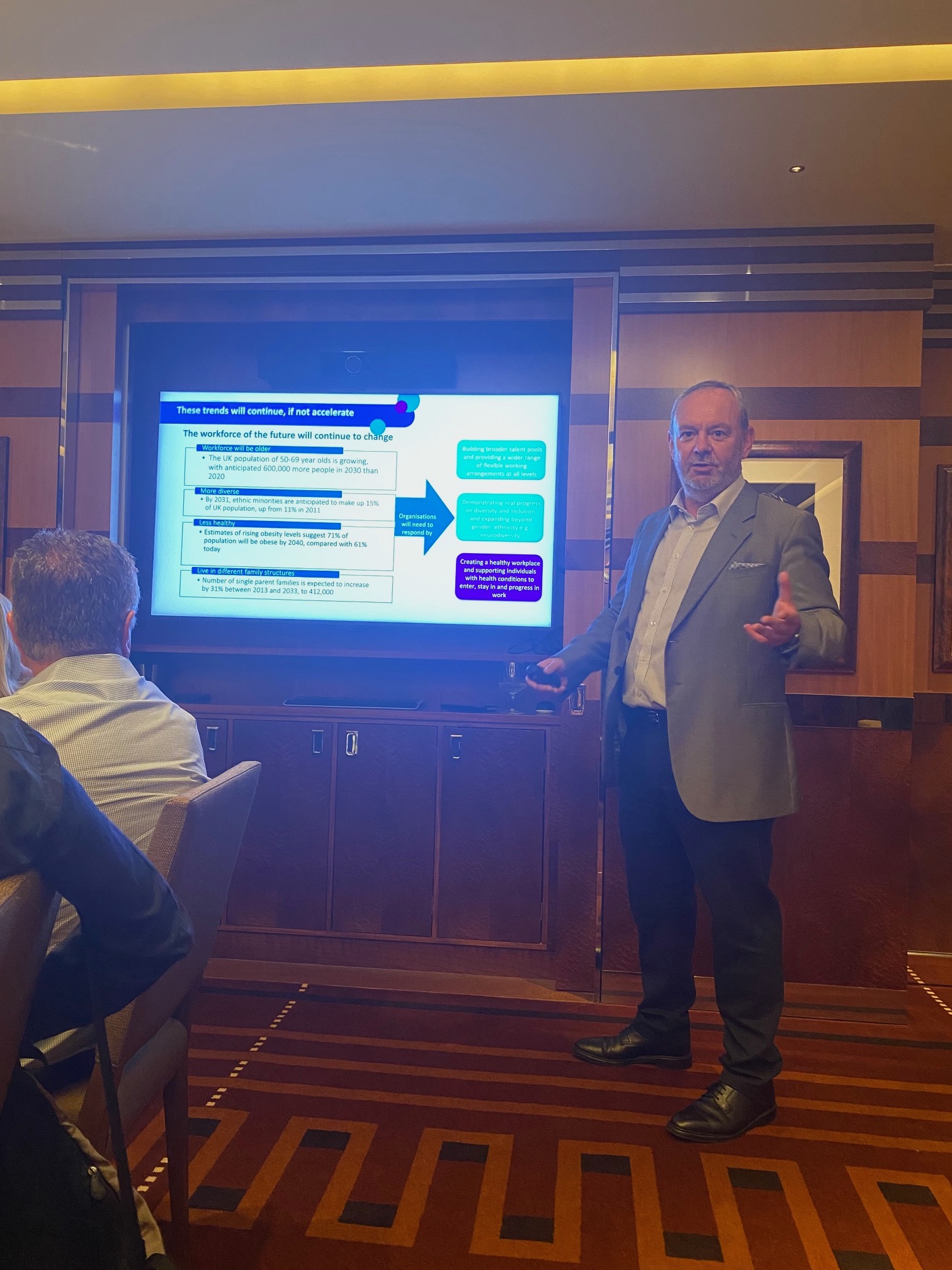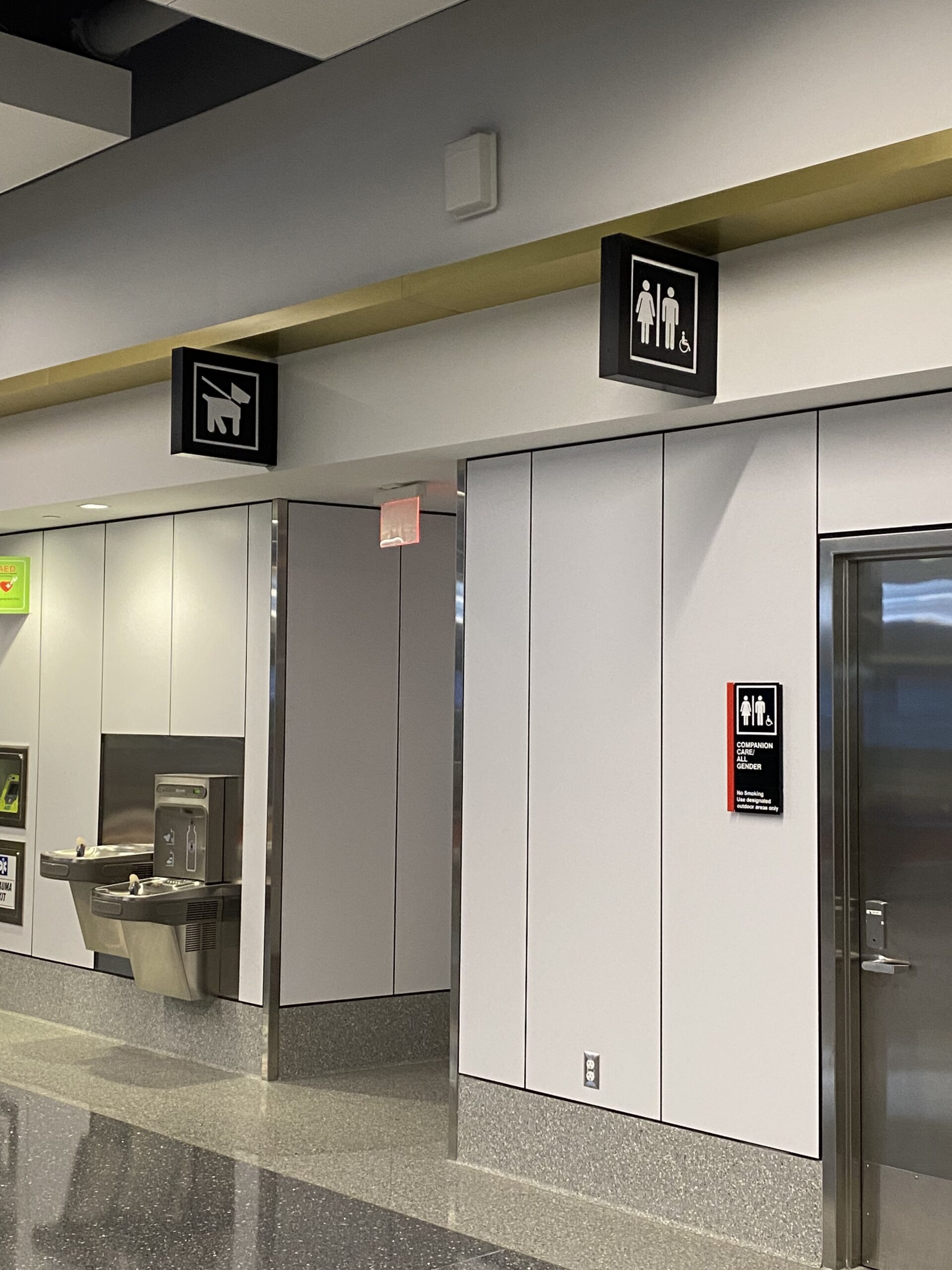Back in December, I wrote that despite the predominant views of economic doom and gloom, things just didn’t seem as bad as most people were saying. And, again with respect to a lot of people who are still struggling with the cost-of-living, the overly numerous downbeat predictions have just not materialised. There has been no recession in the UK and with the ONS now revising the UK’s GDP (up by a pretty substantial 2%) and unemployment still hovering at historically low levels, it seems that the worst of what we thought could happen, won’t.
Of course, growth still remains sluggish at best and there remain many potential economic shocks that could still knock us off course, but barring anything majorly unforeseen, labour markets look like they will remain reasonably stable for the foreseeable future, but that doesn’t mean easy or lacking complexity.
At TALiNT Partners we are in the incredibly fortunate position of engaging with many key executives across the talent ecosystem and we are never shy of probing them for their perspectives. We also benefit enormously from the award entries across our range of TIARA campaigns giving us insight from in-house TA teams, staffing firms, talent solutions providers and a whole array of talent tech companies, into what’s landing well and what’s coming round the corner.
So, here’s our take on the rest of 2023 and a peak into 2024.
Workforce planning
As mentioned above, the rest of the year looks like falling into the ‘tough but stable’ bucket so this will give everyone a chance to consolidate a little. For employers, a huge priority is trying to build a more robust workforce plan to help them better understand what skills they are going to need and where they will find them. We have well and truly seen the pendulum swing back towards more time being required in the office (as we inevitably would) but it’s still worth remembering that if most office workers had been offered a deal to just spend 2-3 days a week in the office pre-pandemic they would have bitten their employers’ arm off!
Tactically, there is a lot happening on engaging workers at either end of the age spectrum in different ways and also looking for ways to get people with conditions inhibiting them from working fully back into the workplace.
AI and Tech
The initial excitement of ChatGPT has died down and generally there is a more considered view on its plusses and minuses, not least around the integrity of the algorithms and the reliability of the results, but there is no doubt this will continue to evolve and impact the world of work in profound ways.
My favourite saying of 2023 is ‘AI might not take your job, but someone who knows how to use AI might’. It’s something we are hammering home to our own team – especially our younger employees. Right now technology is generally being bought when it clearly demonstrates its ability to meet a pressing challenge and can show a rapid ROI.
The rise of ‘practical woke’
Talking about pendulums swinging back, the diversity, inclusion and ESG agenda has had more than its fair share of detractors recently and not all of them the usual suspects. My own (slightly controversial view) is that young people (and even older workers) don’t care as much about purpose and ESG as employers think they do, but they really do care about inclusion and equitable working environments. Personally, I hope we see what I would call ‘practical woke’ grow stronger roots i.e actions that align with an organisation’s broader purpose.
Cost, investment and value
Until interest rates and inflation are clearly under control there will continue to be a pretty short-term focus on talent strategies, even though most people understand that we have structural talent shortages will be with us for years to come. This will cause a lot of frustration for those in corporate TA and resourcing roles. Equally the degree of agility they will need to demonstrate to deal with spikes and projects will also be a challenge. This, of course, is good news for staffing firms and especially outsource providers and their resource augmentation and project hiring models.
Our view is that by mid-2024 we will have bedded in more flexible working practices as the economy starts to move back into growth mode which will lead to a higher degree of optimism across the talent ecosystem.
Of course, we also have elections in the UK and the US which could upend everything, but that’s for another article…






